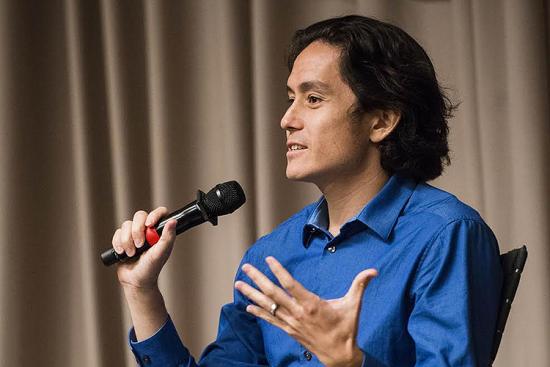From Reuters
How GiveDirectly is finding the poorest people in the world—and sending them cash
By Talib Visram
The economic effects of COVID-19 have drastically driven up the world’s extreme poverty level. The World Bank estimates that the number of people living on less than $1.90 per day will reach 150 million by 2021. GiveDirectly, a charity that has focused for just under a decade on direct cash transfers to people in poverty around the world, particularly in Africa, has been escalating its pandemic relief efforts—and continually innovating with partners to find groundbreaking ways to target the most in need of money. The charity’s latest innovation is harnessing an algorithm, designed by UC Berkeley, that uses artificial intelligence to identify the poorest individuals in the poorest areas, and transfer cash relief directly to them...
Josh Blumenstock, associate professor at the UC Berkeley School of Information, first wrote the paper on mapping poverty using satellite and mobile data in 2017, before meeting Chia to discuss application. Blumenstock stresses that they are not telling the tool what to look for; rather, machine learning enables it to recognize patterns itself. In order to train it on what to look for, they surveyed a large sample of 15,000 citizens across the poorest 100 of Togo’s cantons, on which the government wanted to focus, asking them “a rich set of questions about their socioeconomic status,” including on their income and spending, and whether they’d missed meals in the last week. They paired this with their mobile phone data to help the algorithm find patterns, which it could then scale up to the entire populations of those cantons...
After five months, the teams will analyze how effective the pilot was, and tweak it as necessary. Blumenstock admits it isn’t totally robust yet: For instance, it may be that the algorithm excludes some people through biases, even despite thorough training...
Joshua Blumenstock is an associate professor at the UC Berkeley School of Information, the director of the Data-Intensive Development Lab, and the faculty co-director of the Center for Effective Global Action.










